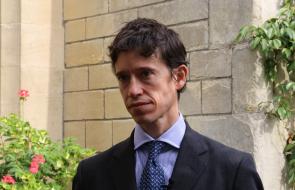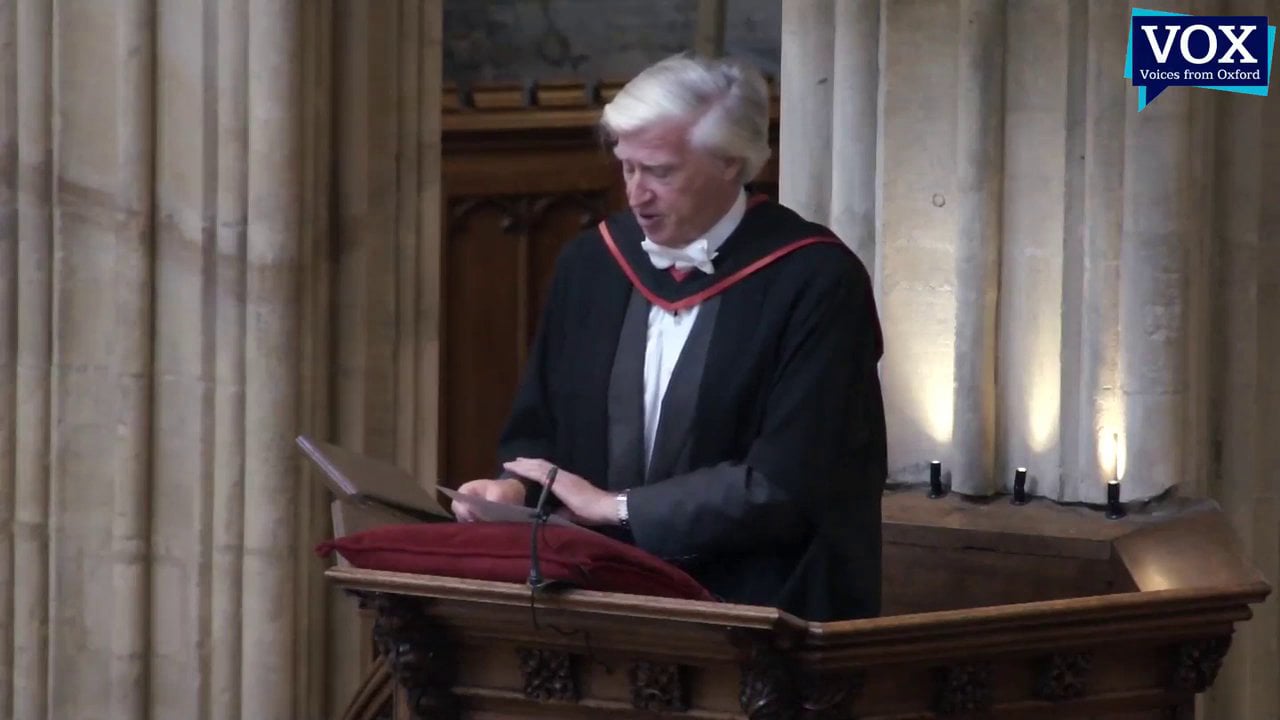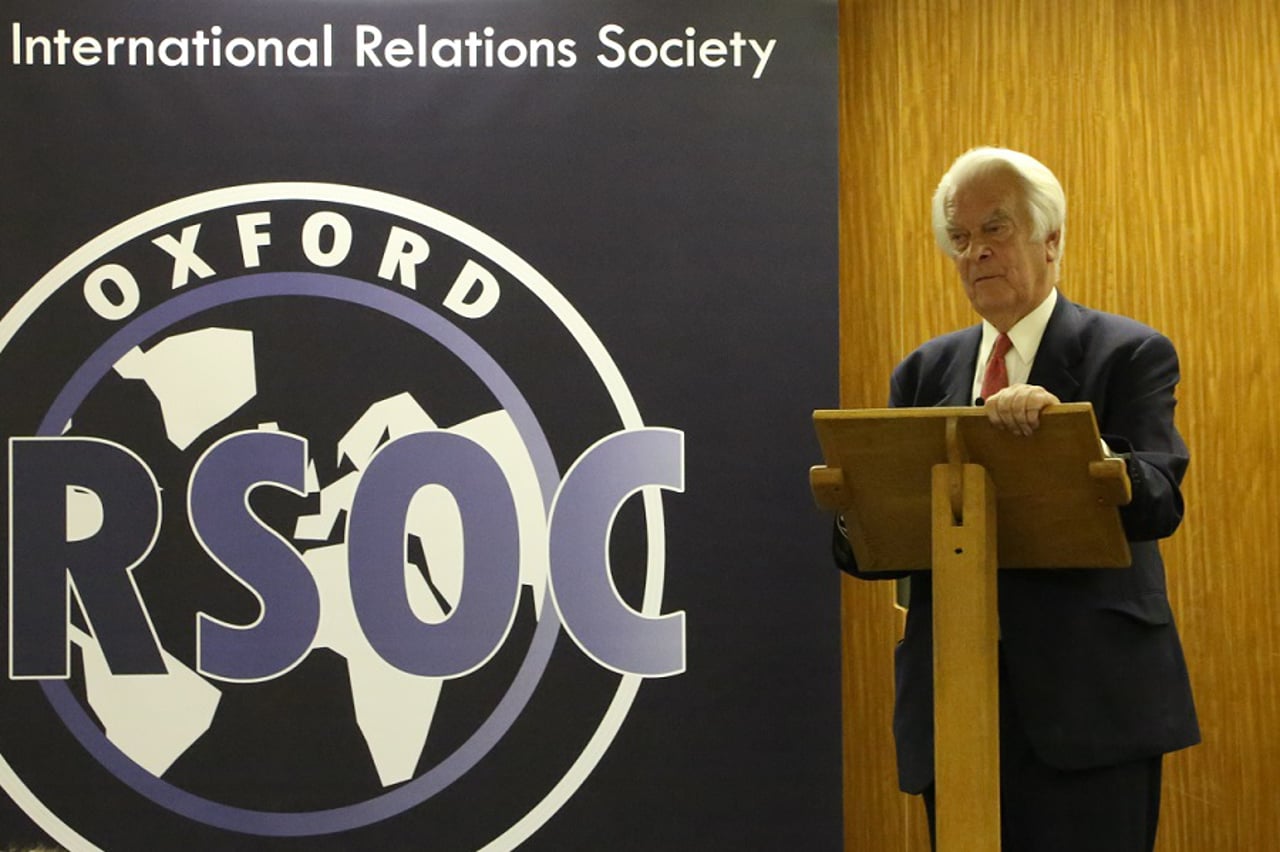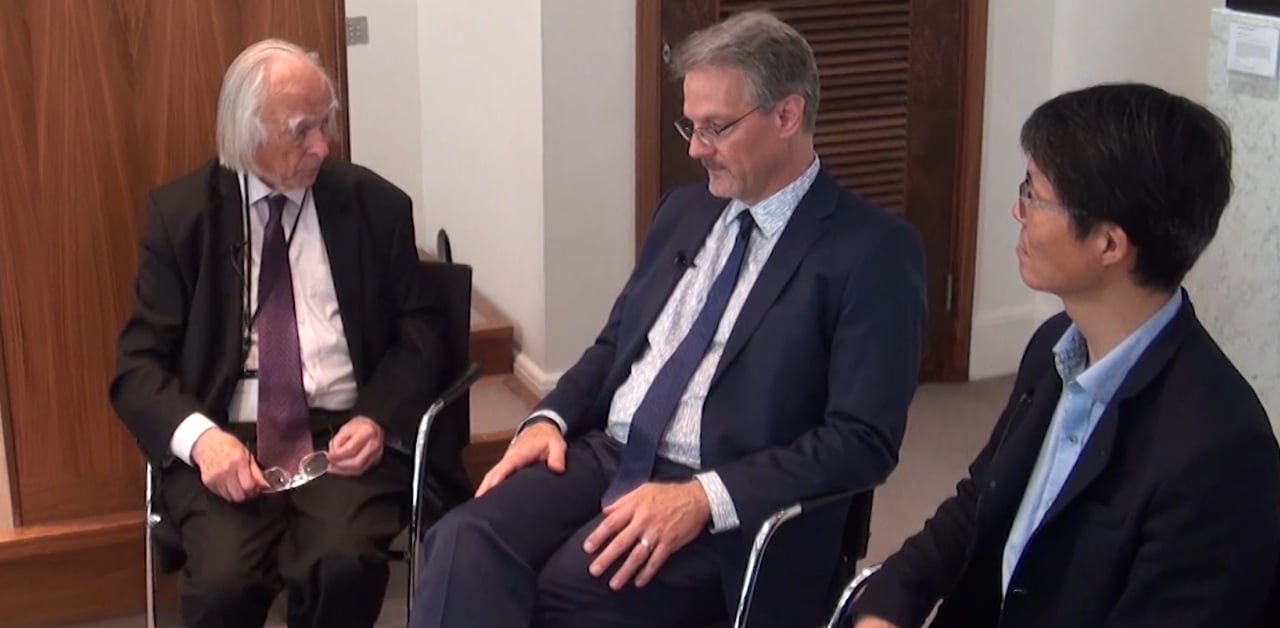
We continue our theme of predicting the future by looking back again. In this case, an insightful discussion with Rory Stewart in 2013 when he was still a Conservative MP.
The Rest is Politics
Rory Stewart was not only an accomplished politician, having served in government at the highest levels, but he is also a remarkable intellect and academic and continues to contribute to political dialogue, not the least as a notable podcaster with Alistair Campbell, The Rest is Politics.
“Instead of trying to guess which basket to put our eggs in,” he says, “we should concentrate on growing our capacity.” We need to get out of the mindset that we can produce general global theories that enable us to predict the future. Instead, we should invest in creating the talent that builds our capacity to act. The secret of our success will lie in “understanding our limits. Our limits of power, of our knowledge.” Stewart quotes another Balliol scholar, T.S. Elliot, on the wisdom of humility.
“The only wisdom we can hope to acquire Is the wisdom of humility: humility is endless. The houses are all gone under the sea.”
T.S. Elliot, Four Quartets.
The event took place in 2013. It is doubtful he or anyone else could have predicted the outcome of the Brexit referendum just three years later. After all, this was when Boris Johnson was still extolling the virtues of the single market. “I’d vote to stay in the single market”, Johnson stated firmly in 2013.
“I’d vote to stay in the single market.”
Boris Johnson, 2013
Brexit and and the shape of British Politics
Brexit altered the shape of British politics. Only now are the economic consequences unravelling. There were, of course, dire predictions of those consequences. Yet, how they unravelled was not and probably could not have been precisely anticipated. In some sense, there has been a false sense of security; the economy didn’t crash on the immediate withdrawal from the EU. Arguably, to a large extent, the impact was masked by the more immediate COVID-19 pandemic and perhaps the effect of the Russian invasion of Ukraine.
“Uncertainty about future outcomes is an important driver of economic behaviour, over and above central expectations. The Brexit process has already affected the UK economy.”
Bank of England assessment 2019
The Bank of England points to the uncertainties but concludes that Brexit has significantly impacted the UK’s economic future. How could this not be the case when it altered the relationship with Britain’s largest trading partner? The Bank’s 2019 assessment concluded, “Those effects, which are difficult to separate, are already influencing the UK economy. They have lowered business investment in particular, and may have weighed on productivity and consumption.”
Political Turmoil
We could not have predicted the political turmoil of recent times. With three UK Prime Ministers in quick succession and a damaging mini-budget that pushed interest rates higher and added to Britain’s economic woes. This is not to say that the consequences of that budget could not be foreseen. It is simply that the political circumstances, the change in Prime Minister, the hustings commitments of the leadership candidates, and the election outcome could not have been foreseen even a few months before them.
But then, It is doubtful anyone could have predicted Rory Stewart leaving the Conservative Party and standing down as an MP. Brexit changed the political landscape of British politics in ways few would have expected with any precision, if at all. But anticipating the future is part of preparing for and living with uncertainties, and Rory Stewart is not short of crystal ball gazing. Speaking recently to Waverton Investment Forum, Rory Stewart considered the rise of populism as a significant factor influencing events, particularly the increasing polarisation and the binary nature of politics.
Written and posted by VOX News Editor Ray Noble



